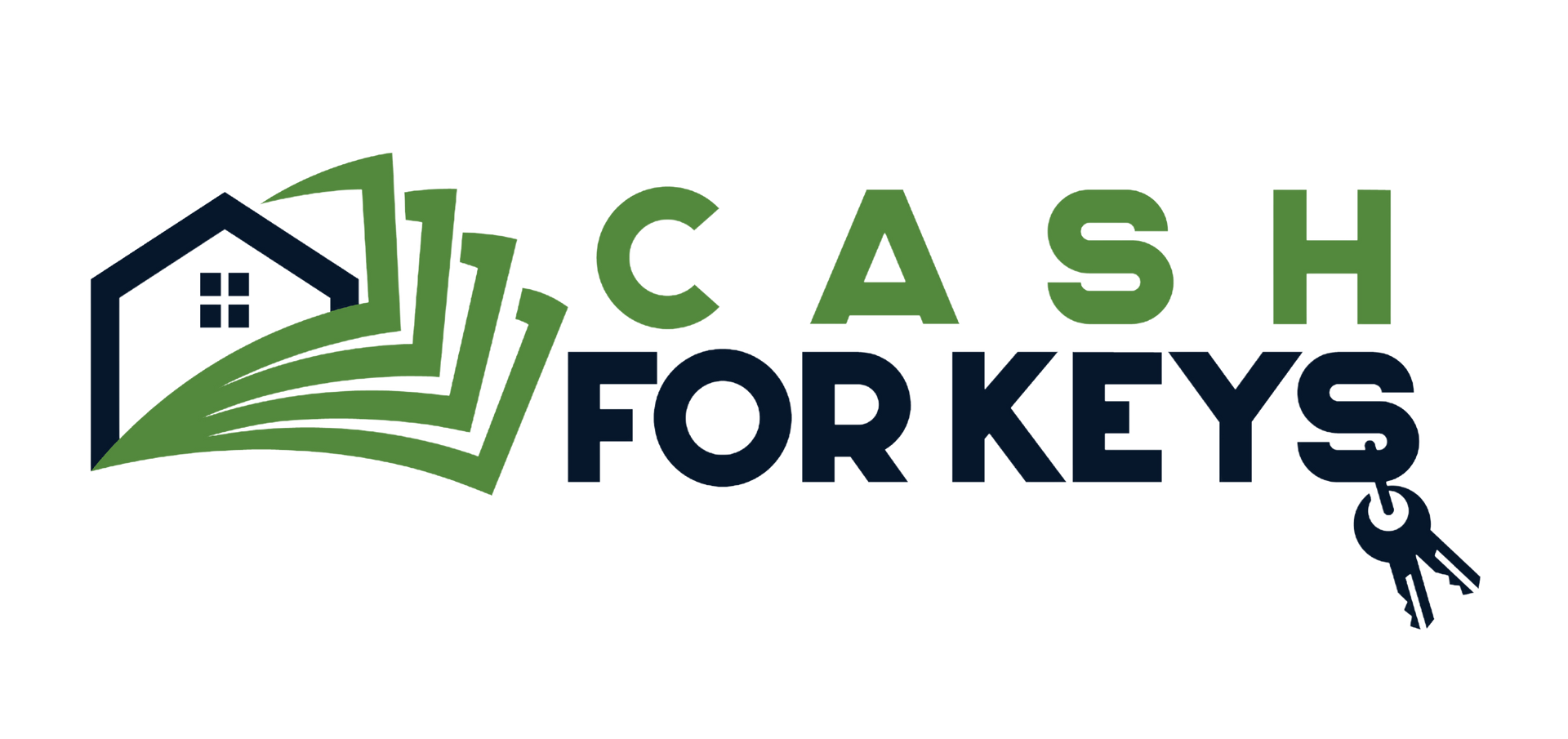Understanding Equity: How Cash Sales Influence Your Home Investment
Home equity is a vital aspect of personal wealth for many homeowners, representing the difference between a property's market value and any outstanding mortgage or liens. Calculating it is straightforward: subtract the owed amount from the home's market value. For instance, if a home is valued at $400,000 and the mortgage owed is $150,000, the equity amounts to $250,000. This financial component plays a crucial role in personal finance, serving as a safety net and a means of building wealth. Homeowners often tap into their equity for significant life events or investments, such as home renovations, education funding, or retirement income.
Cash Sales vs. Traditional Home Sales
When selling a home, homeowners can opt for a cash sale or a traditional real estate sale. Cash sales involve a direct transaction with the buyer paying the full amount upfront, often skipping many steps involved in a traditional sale. This method is typically faster and more convenient, as it removes the need for mortgage approvals, appraisals, and lengthy negotiations.
The speed and ease of cash sales may come with trade-offs. Cash buyers might offer a lower price than what could be achieved through a traditional sale. Yet, homeowners can save on fees and commissions associated with real estate agents, which can help offset the lower sale price.
Impact of Cash Sales on Homeowner Equity
A cash sale can affect the equity retained by a homeowner in multiple ways. The immediate financial liquidity provided by a cash sale can be beneficial, particularly for those facing urgent financial needs. It might not maximize the long-term financial gains possible through a traditional sale. For example, a homeowner in Sacramento selling their home for cash at $350,000 might miss out on an additional $50,000 in equity if the market value could reach $400,000 through a traditional sale. Savings on agent fees and avoiding prolonged market exposure can be advantageous, depending on individual circumstances.
Financial Planning and Long-term Investment Outcomes
Incorporating cash sales into broader financial planning requires careful consideration of both immediate and future needs. Quick access to funds might be necessary for debt relief or relocation. Alternatively, maximizing the sale price through traditional methods could better support retirement planning and future investments. Financial experts emphasize the importance of balancing immediate cash needs with long-term investment goals, crucial for ensuring financial stability and growth over time. Homeowners should evaluate their financial situations and consult with advisors to determine the best course of action.
Regional Real Estate Market Insights
The real estate market in Sacramento and its surrounding areas, including West Sacramento, Rancho Cordova, and Elk Grove, presents unique trends that can influence the decision to sell for cash. Sacramento has experienced fluctuations in housing demand and prices, driven by factors such as population growth, economic conditions, and interest rates. Recent data indicates that the Sacramento housing market has seen competitive bidding and rising home prices, which might affect the attractiveness of cash sales, as many buyers may be more willing to compete for properties in a hot market. In more uncertain or slower market conditions, cash offers can become more appealing to sellers who need to close quickly or avoid the complexities of traditional financing.
In areas like West Sacramento and Rancho Cordova, where more affordable housing options are available compared to Sacramento’s downtown core, cash buyers may be particularly active, looking to invest in properties that offer good returns through renovation or rental potential. Understanding
local market dynamics—such as neighborhood desirability, average home prices, and buyer behavior—is essential for homeowners considering a cash sale. By staying informed about these factors, sellers can strategically decide when and how to approach a sale, potentially maximizing their financial outcome while navigating the regional market conditions.
Balancing Immediate Needs with Future Goals
Homeowners facing financial difficulties, such as relocation or debt relief, may find cash sales appealing due to the speed and certainty they offer. Balancing the need for immediate funds with the preservation of long-term equity is crucial. While a quick sale can provide much-needed financial relief, it’s important to consider whether it aligns with the homeowner’s broader financial objectives. For instance, selling below market value in a cash deal may provide short-term cash but could result in a loss of potential long-term profits.
Financial advisors can play a vital role in guiding homeowners through this decision-making process, helping them assess the potential trade-offs and ensuring that their choices are in line with their financial goals. They can also help homeowners evaluate other options, such as refinancing or negotiating with creditors, that might offer more sustainable solutions in the long run. By carefully weighing both immediate needs and future goals, homeowners can make informed decisions that minimize negative financial impacts while meeting their urgent requirements.
Case Studies and Personal Stories
Real-life examples can offer valuable insights into the outcomes of cash sales. Consider a homeowner in Elk Grove who opted for a cash sale due to an urgent need to relocate. Their experience highlights the importance of evaluating offers carefully and understanding the local market.
Legal and Ethical Considerations
Ensuring a fair transaction in cash sales involves understanding the legal aspects and ethical considerations for both buyers and sellers. Homeowners should seek legal advice to protect their interests and verify that all parties adhere to fair practices. Resources provide guidance on legal and ethical standards in real estate transactions.
Making the Right Choice for Your Situation
The decision between cash sales and traditional methods depends on individual circumstances. Homeowners should weigh all factors carefully, considering both immediate needs and long-term financial goals. Seeking professional advice can help navigate this complex decision, ensuring choices that best suit unique situations.
Deciding between a cash sale and a traditional home sale is a significant financial decision that requires careful consideration of various factors. Homeowners should assess their immediate financial needs, long-term goals, and local market conditions. Consulting with financial and real estate professionals can provide valuable insights, helping homeowners make informed decisions that align with their personal and financial objectives.
For more information about cash sales and how they can affect your home investment,
reach out to Cash for Keys today. Our team is here to provide guidance and support tailored to your unique situation.










